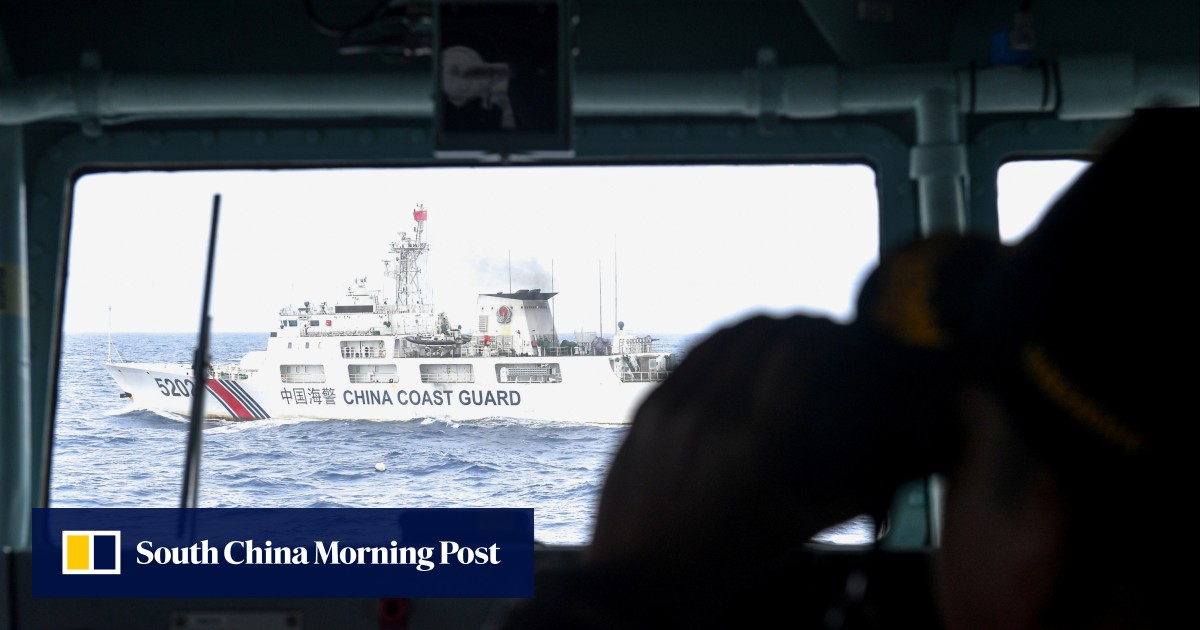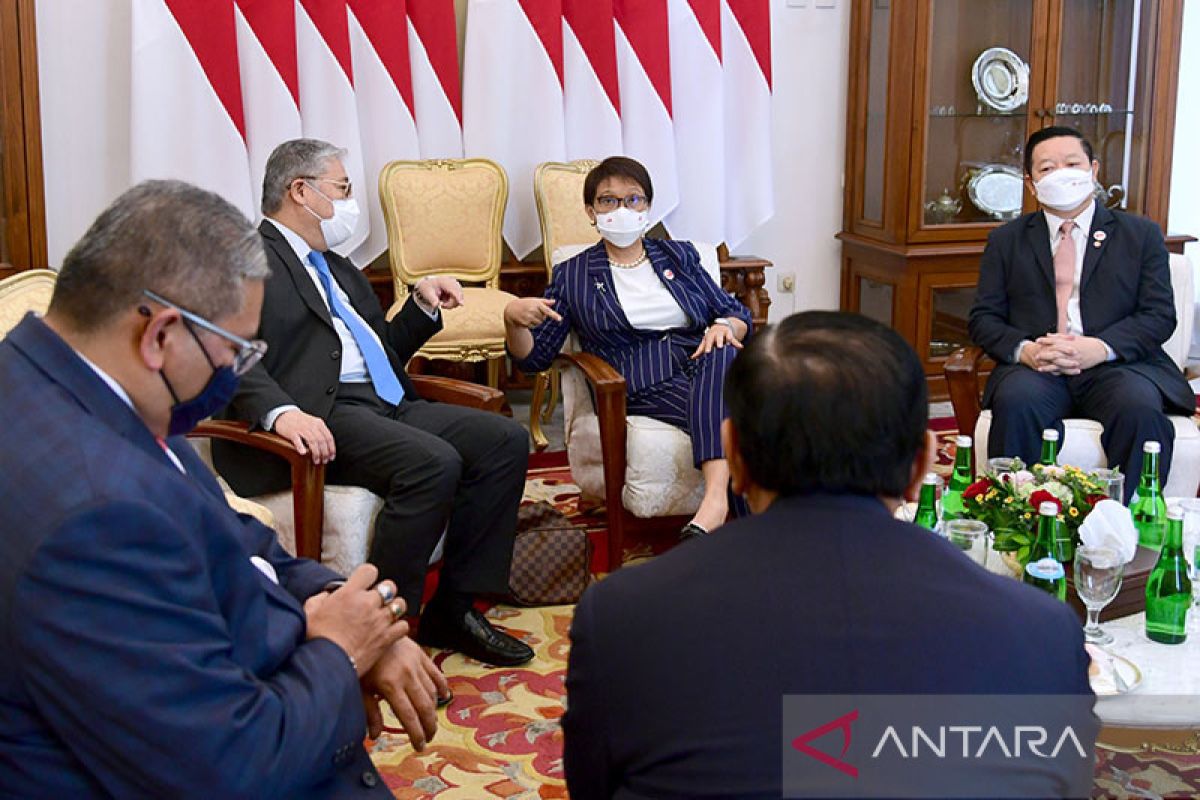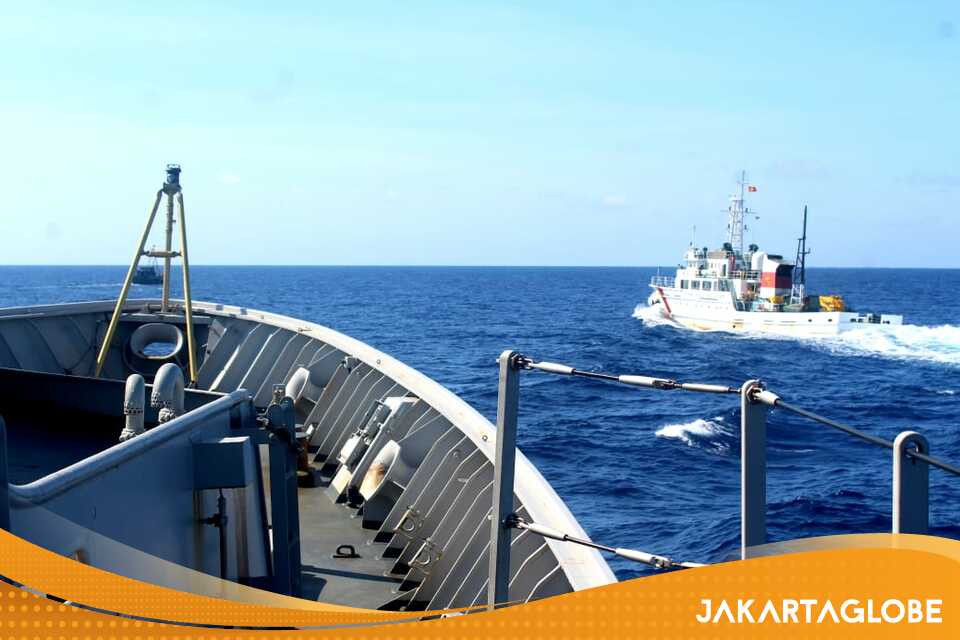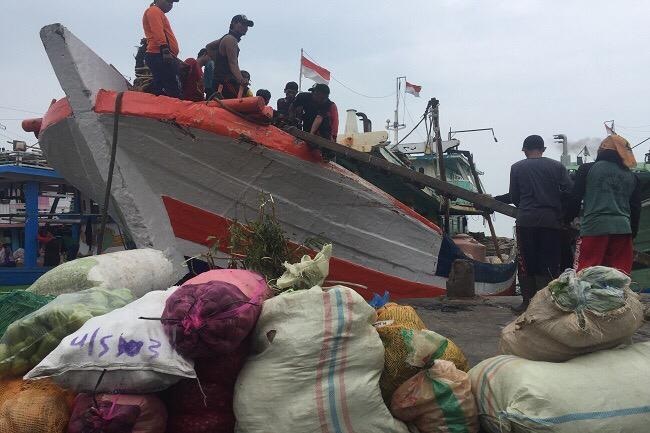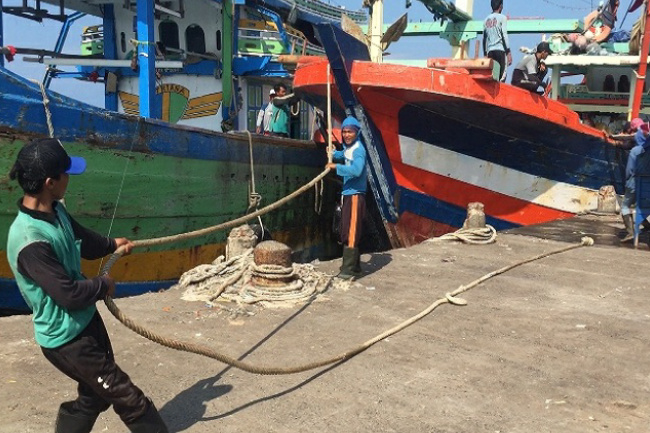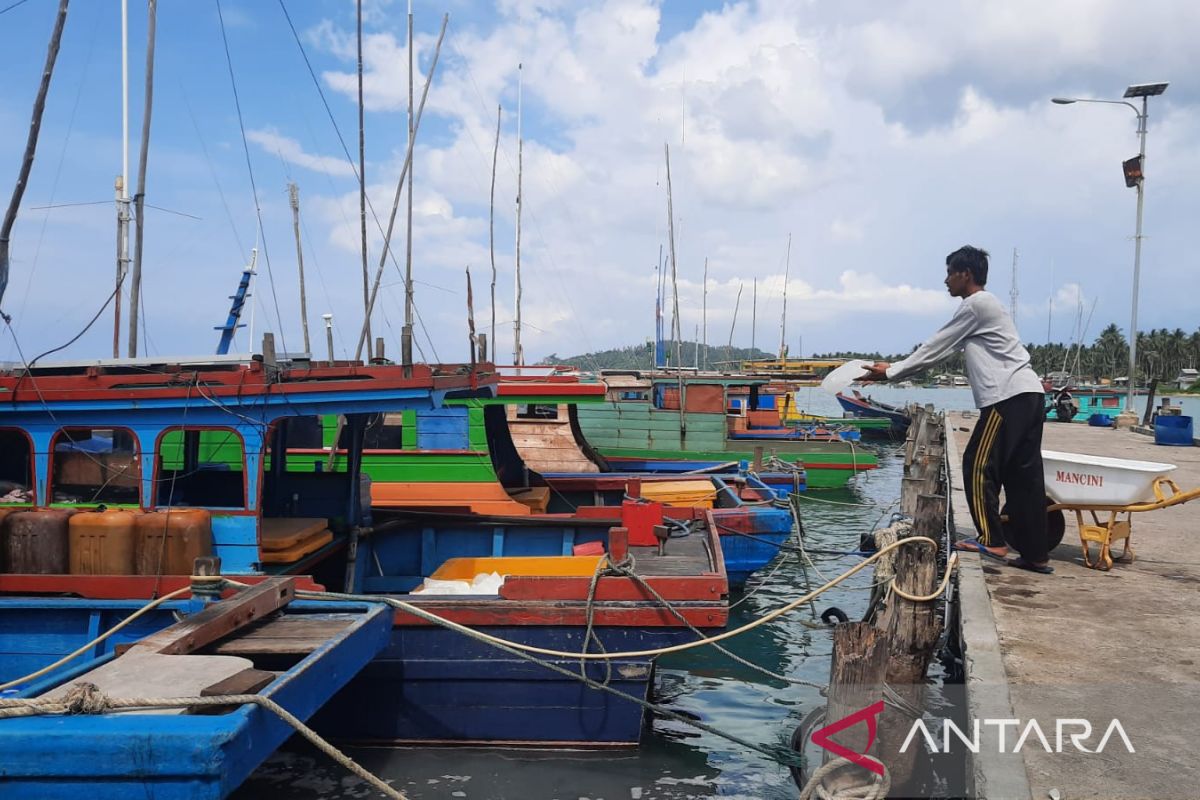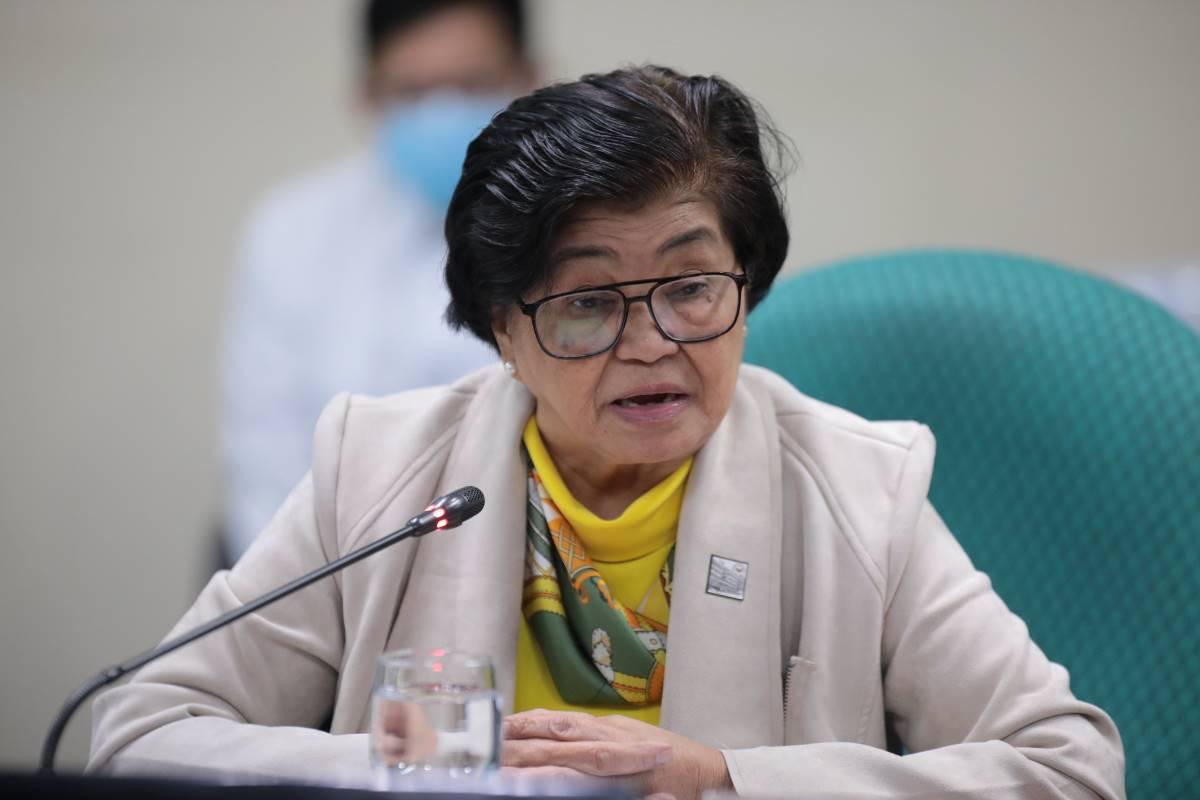- Thread Starter Thread Starter
- #201
ASEAN’s self inflicted wounds to make it matter less
1. At a speech at the 77th United Nations General Assembly (UNGA) on 26 Sep 2022, the Foreign Minister of Indonesia, Retno Marsudi put forward a "New Global Paradigm" for a transformative solution:
3. Given that at its 46th Annual Meeting for Foreign Ministers on 23 Sep 2022, Retno Marsudi underlined a number of points for G77 and China, he speech at the UNGA is clearly hostile to an unnamed party (aka Australia). At the Annual Meeting for Foreign Ministers at the G77, she said Indonesia hoped to:
5. In response to the US and others (including Britain, Canada, Denmark Finland, Iceland, Norway and Sweden) presenting a draft proposal at the ongoing 51st session of the Human Rights Council (HRC) to hold a special debate over the human rights situation in China's Xinjiang region at the council's next session in early 2023. China and Pakistan on behalf of over 68 cross-regional countries delivered a message for the HRC that said:
7. 3 ASEAN member states that endorsed China's latest joint statement with Pakistan at the HRC include Cambodia, Laos, and Myanmar. Without reform during Indonesia’s turn as Chairman in 2023, these 3 members of ASEAN will always be indirectly under Chinese control.
1. At a speech at the 77th United Nations General Assembly (UNGA) on 26 Sep 2022, the Foreign Minister of Indonesia, Retno Marsudi put forward a "New Global Paradigm" for a transformative solution:
- A paradigm of win-win not of zero-sum
- A paradigm of engagement not of containment
- A paradigm of collaboration not of competition
3. Given that at its 46th Annual Meeting for Foreign Ministers on 23 Sep 2022, Retno Marsudi underlined a number of points for G77 and China, he speech at the UNGA is clearly hostile to an unnamed party (aka Australia). At the Annual Meeting for Foreign Ministers at the G77, she said Indonesia hoped to:
- reignite the spirit of peace
- strengthen resilience of food and energy supply
- accelerate energy transition
- stronger collaboration among members
5. In response to the US and others (including Britain, Canada, Denmark Finland, Iceland, Norway and Sweden) presenting a draft proposal at the ongoing 51st session of the Human Rights Council (HRC) to hold a special debate over the human rights situation in China's Xinjiang region at the council's next session in early 2023. China and Pakistan on behalf of over 68 cross-regional countries delivered a message for the HRC that said:
“Respect for sovereignty, independence and territorial integrity of states and non-interference in internal affairs of sovereign states represent basic norms governing international relations. Xinjiang, Hong Kong and Tibet related issues are China’s internal affairs. We oppose politicization of human rights and double standards, or interference in China’s internal affairs under the pretext of human rights.”
7. 3 ASEAN member states that endorsed China's latest joint statement with Pakistan at the HRC include Cambodia, Laos, and Myanmar. Without reform during Indonesia’s turn as Chairman in 2023, these 3 members of ASEAN will always be indirectly under Chinese control.
Last edited:

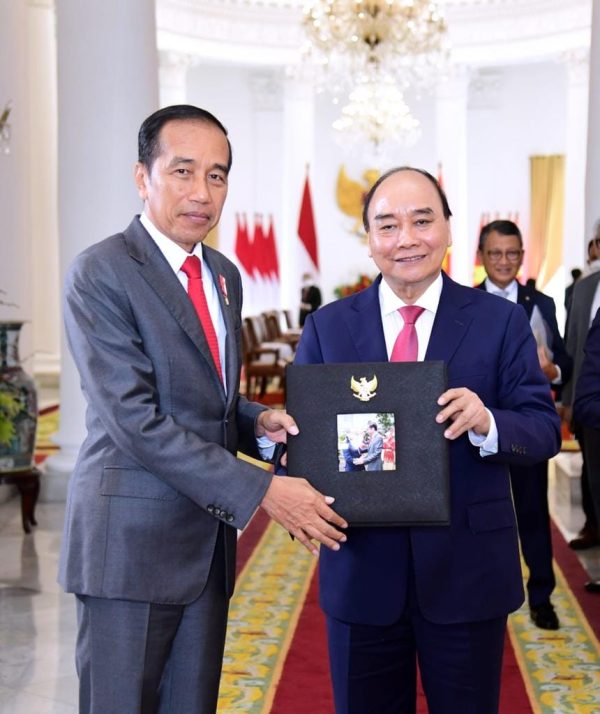
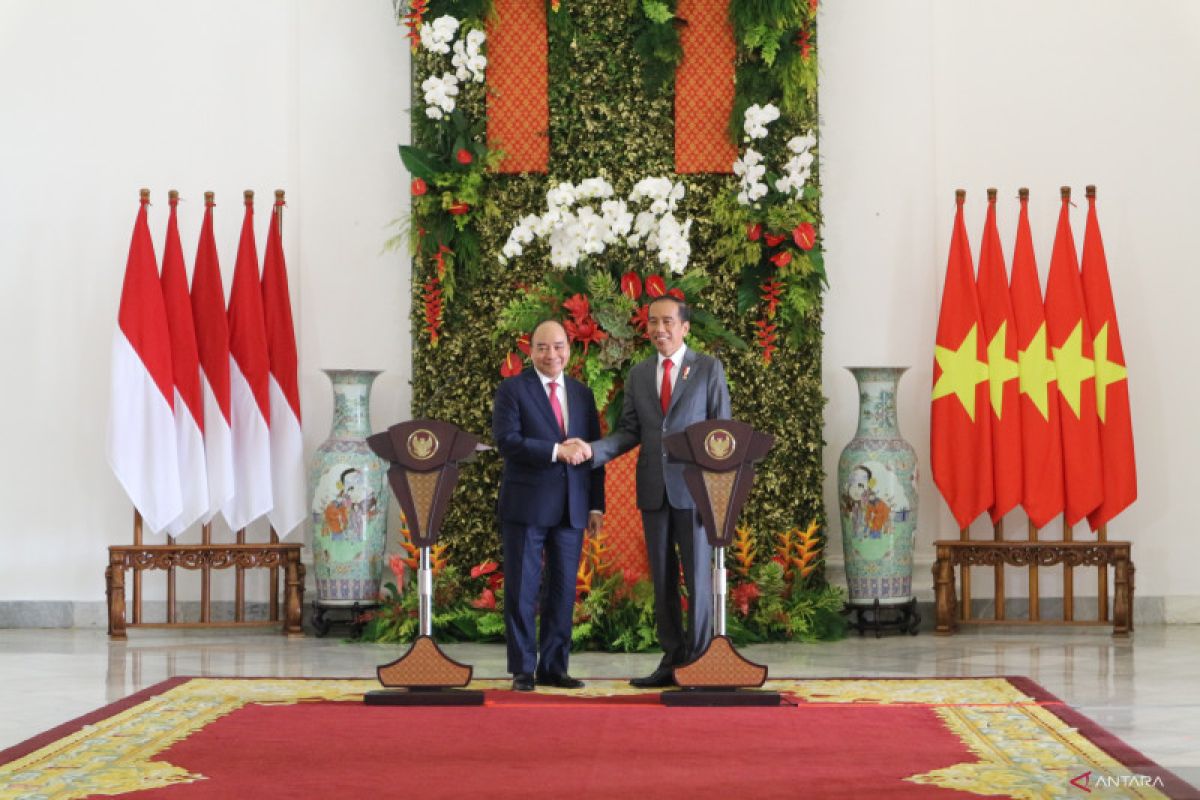


/cloudfront-us-east-2.images.arcpublishing.com/reuters/CNLX4BOEKFN2XO2TWRSMRCN6Q4.jpg)
